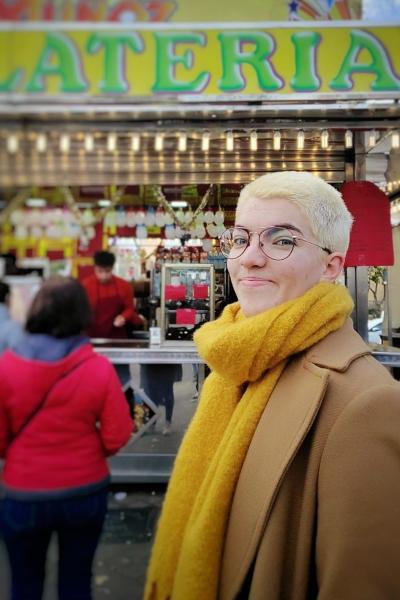Belén Alonso Rancurel
PhD student at Department of Materials Science and Engineering; Biomedical Engineering
- E-mail:
- belen.alonso_rancurel@angstrom.uu.se
- Visiting address:
- Ångströmlaboratoriet, Lägerhyddsvägen 1
- Postal address:
- Box 35
751 03 UPPSALA
More information is available to staff who log in.
Short presentation
The objective of my thesis is to obtain Mg-based bulk metallic glasses with additive manufacturing L-PBF. I focus on CNGT and FE simulation to control the crystallization in our alloy.

